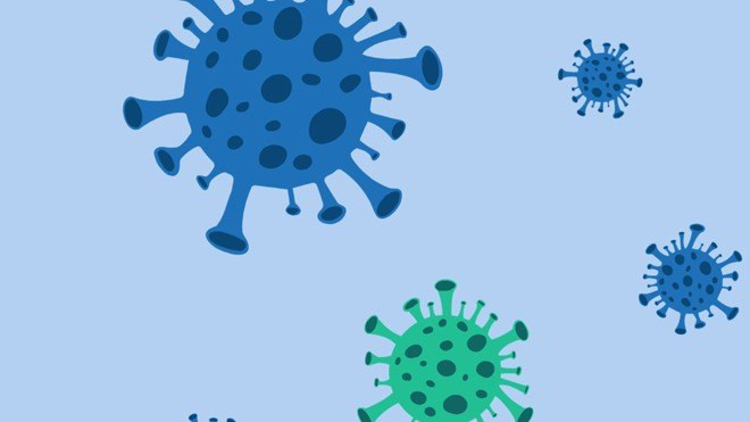Sweden announces stricter Covid control measures

On Wednesday, January 12 Sweden introduced stricter infection control measures due to the significant increase in community transmission at the same time as there is increased pressure on health care.
The overall assessment is that Sweden is in a situation where it is necessary to take certain infection control measures in stage 3 of the government’s action plan for introducing infection control measures.
Measures introduced as of 12 January 2022
For indoor public gatherings and events without vaccination certificates, a limit of no more than 50 people will be introduced. The current recommendations on only seated audiences will remain in effect, with a maximum of 8 people per group and a distance of one metre between groups.
For indoor public gatherings and events with more than 50 participants where vaccination certificates are used, a limit of no more than 8 people per group and a distance of one metre between groups will be introduced. The requirement of seated audiences only will remain in effect.
For eating and drinking establishments, a limit of no more than 8 people per group will be introduced, and they must close by 23.00. The requirements that guests must be seated and that there is a distance of one metre between groups will remain in effect.
For trade fairs, vaccination certificates will be required if the number of participants exceeds 50 people. The requirements that crowding is not permitted and that there must be 10 square metres per person will remain in effect.
The infection control measures for long-distance public transport with only seated passengers will remain in effect. The Public Health Agency of Sweden emphasises the importance of using face masks when many people travel together.
A general recommendation will be introduced that all adults are encouraged to limit the number of close contacts indoors by refraining from attending larger dinners, parties and similar social contexts. Previous general recommendations on avoiding congestion, social distancing and avoiding travel at rush hour will remain in effect.
The advice that cultural, sport and recreation associations should not organise or take part in camps, sports cups or other larger indoor activities that involve participants who do not normally meet will be further extended.
Infection control measures will continue to be recommended for adult education in order to avoid crowding and large gatherings.
The general rule is for education to be conducted on an in-person basis, but higher education institutions may use distance learning as a tool to prevent crowding at teaching premises.
However, this should not be used as a full-time measure. Educational institutions should make it possible for students to take part in compulsory course components and examinations in smaller groups, and to do so on more occasions.
The new infection control measures will apply until further notice, but the government and the Public Health Agency of Sweden will regularly assess the need for these measures. The measures will not remain in effect longer than is absolutely necessary.
Request concerning participant limit of 500 people and other matters
The Public Health Agency of Sweden has submitted a request to the government on the introduction of additional infection control measures that should be urgently introduced.
The agency sees the need for a limit of 500 participants at indoor public gatherings, events and trade fairs where vaccination certificates are used.
Regarding private gatherings held in rented premises such as event facilities or party boats, the agency has submitted a request to the Government to lower the limit for private gatherings to 20 people (from 50 people).
In its request, the agency also states that the requirement that a foreign national over the age of 12 must present a negative COVID-19 test no older than 48 hours when entering Sweden should be removed, but that a COVID certificate should be reintroduced as a requirement for entry from the age of 18.
A government decision is required for all the above amendments to be introduced.
Everyone who can is to work from home
Workplaces are a major source of infection. The government wishes to strongly emphasize that those who can work from home are to do so. This has applied since December 23 and is an important component in reducing infection.
The government has also decided on stricter instructions to government agencies urging that only employees whose physical presence is necessary to conduct business are to be present on their premises.
Municipalities and regions should also ensure that all activities are conducted so that they are as infection-safe as possible.
Swedish Government

